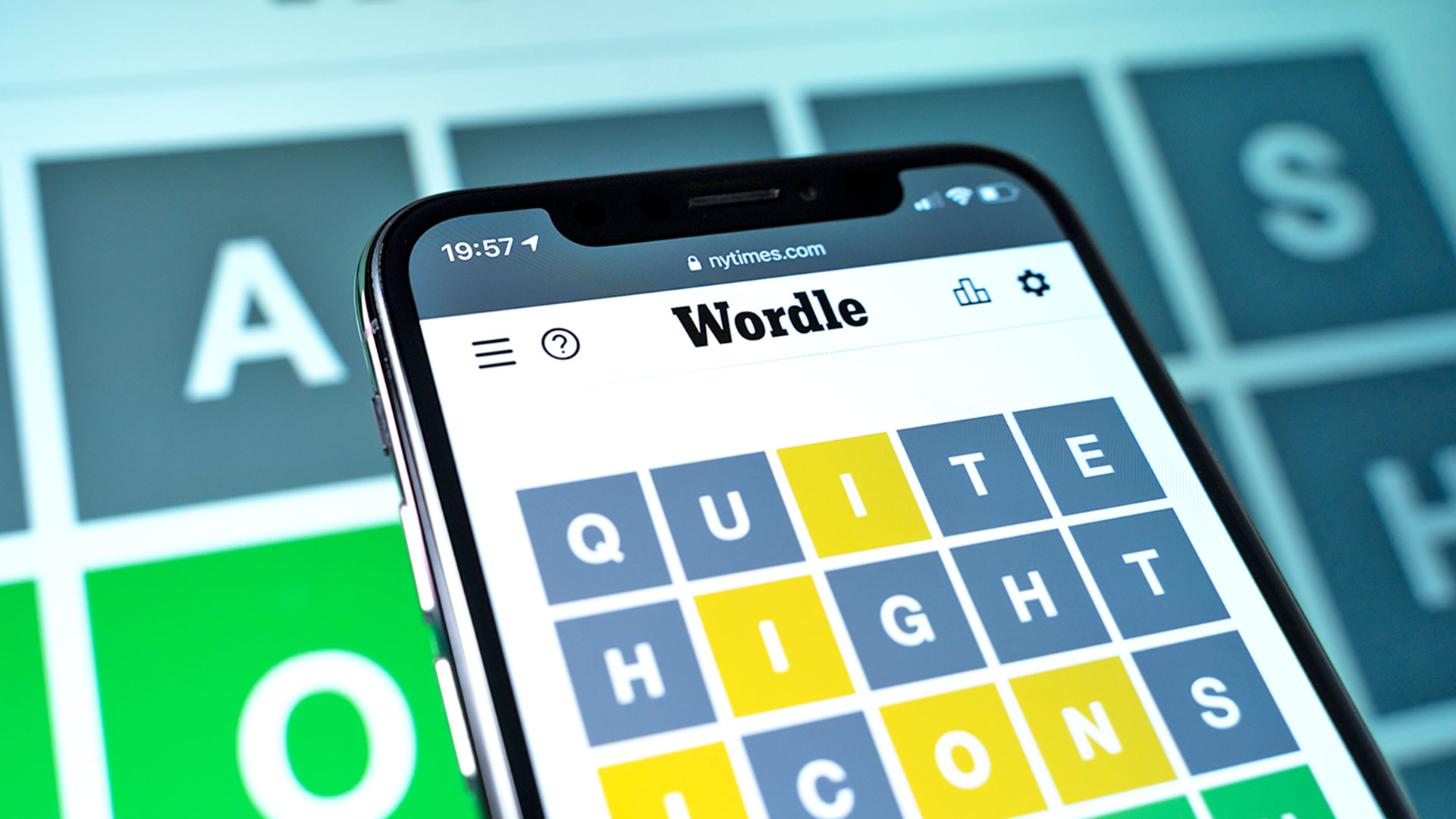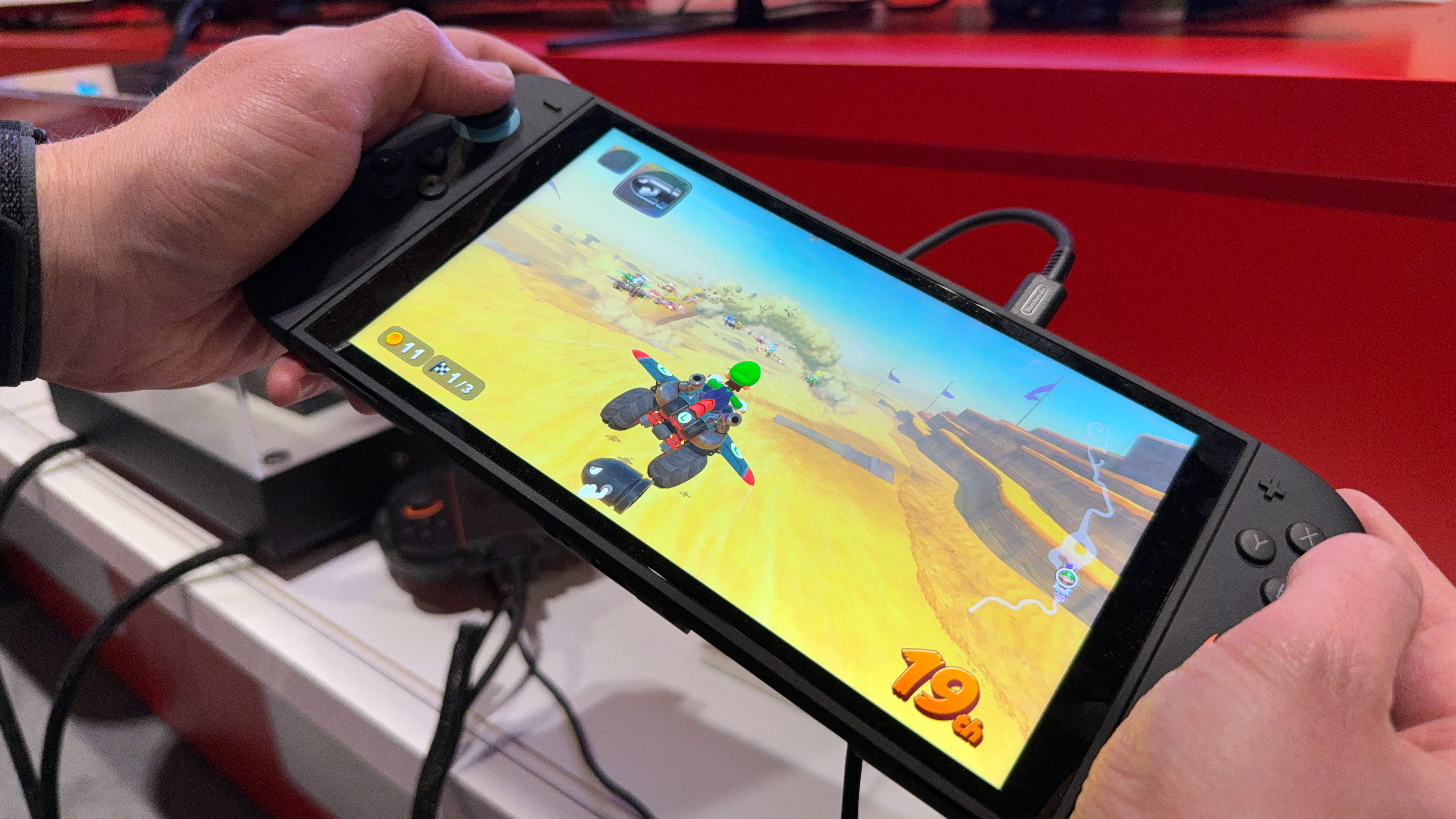New York Times killed Wordle Archive — but there are other options
New York Times may be starting to enforce its trademark

Wordle’s huge success has led to a bunch of related games popping up, ranging from straight-up clones to fresh new takes such as Quordle, Heardle and Worldle. However, there's now fears that some of these could be killed off by the New York Times, after it shut down one unofficial site.
The Times has largely left unofficial Wordle sites alone since buying the game for a reported six-figure sum last month, but as spotted by Ars Technica, it's now requested that the Wordle Archive run by Metzger Media be closed down.
Now, instead of a Wordle grid, the archive’s website features a message confirming the Times shut them down.
“Sadly, the New York Times has requested that the Wordle Archive be taken down,” the message reads. “However, you can still play the daily Wordle over on their official site.”
The New York Times is well within its rights to enforce its ownership of the game. That said, without a Wordle archive of its own, the closure of third-party archives might well upset fans who only started playing months after the game first appeared.
Thankfully, Wordle Archive is not the only archive of past Wordle games, and a cached version of the site is still accessible via the Internet Archive. None of this changes the fact that the Times asked Wordle Archive to shut down, though.
So, does this mean that the Times might start closing the rest of the best Wordle alternatives? Well, it's impossible to say how aggressive the Times will be in its takedowns, but it’s worth mentioning that Wordle was hardly the first game of its kind — and that some of the “spin-offs” may therefore be safe.
Sign up to get the BEST of Tom's Guide direct to your inbox.
Get instant access to breaking news, the hottest reviews, great deals and helpful tips.
As Kotaku notes, the broad principle of the game is similar to the game show Lingo, which first debuted in 1987, as well as games Jotto (1955) and Cows & Bulls (even older than that). In other words, The New York Times owns Wordle the name, but not the concept on which the game is built.
What that means for games that capitalize on the name by adding their own “dle” suffix, such as Dordle, Quordle, Octordle and Heardle, isn’t clear. Watch this space, basically, and let’s just hope the Times’ legal team doesn’t go overboard.

Tom is the Tom's Guide's UK Phones Editor, tackling the latest smartphone news and vocally expressing his opinions about upcoming features or changes. It's long way from his days as editor of Gizmodo UK, when pretty much everything was on the table. He’s usually found trying to squeeze another giant Lego set onto the shelf, draining very large cups of coffee, or complaining about how terrible his Smart TV is.
